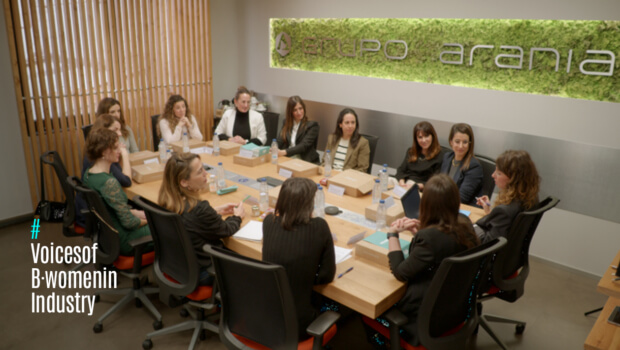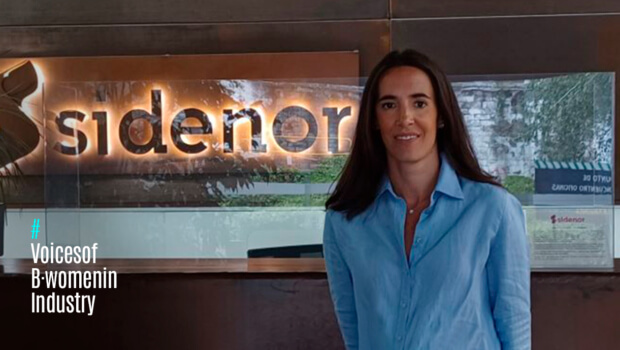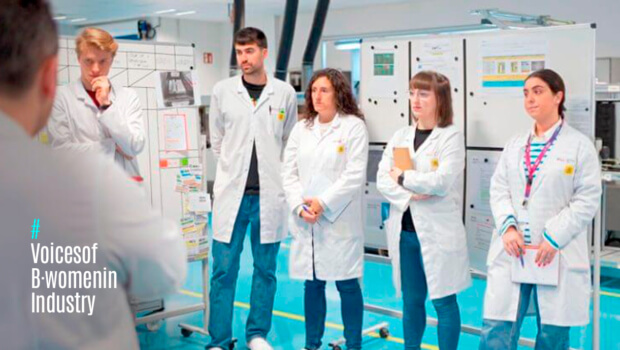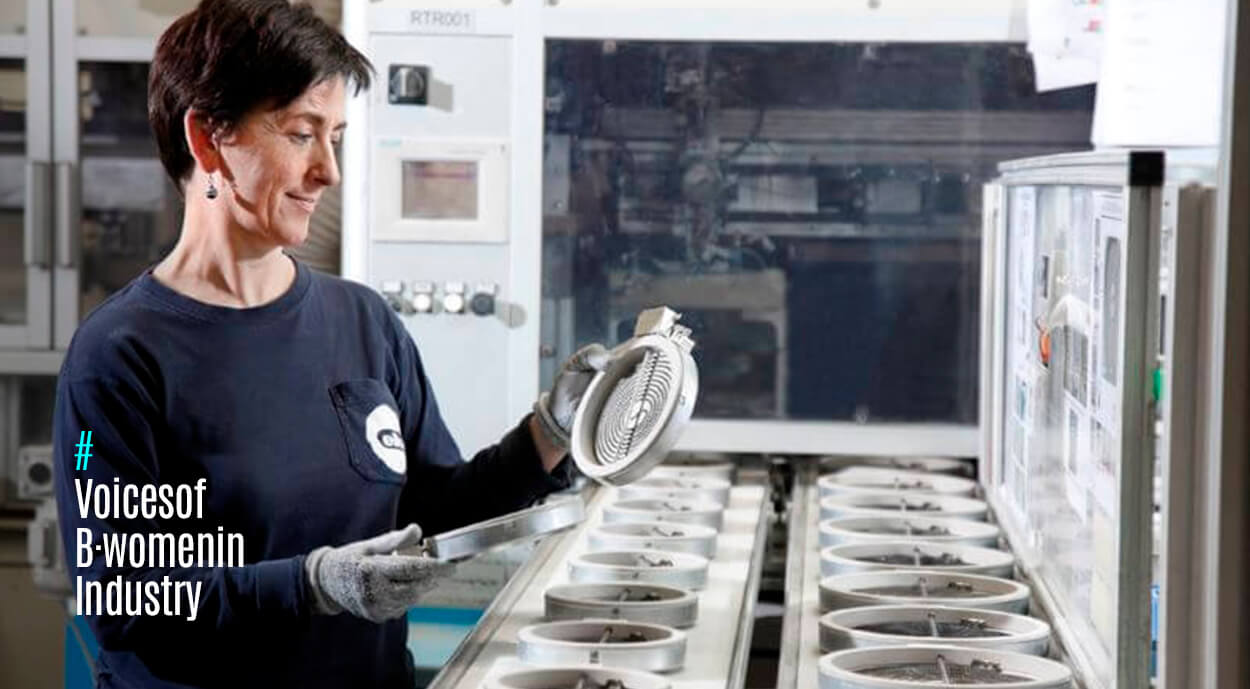Women account for 52% of Eika’s workforce
Eika, the cooperative which emerged half a century ago in the wake of a process of reflection to provide industrial jobs for women in Vizcaya province’s Lea-Artibai district, now has a workforce which is 52% female. It is one of almost 500 businesses which took part in the survey on the Impact of women on industrial competitiveness conducted by the SPRI Group in 2023.
Female employees at the company account for twice the average of the businesses taking part in the survey, which stands at 21.74%. Management posts and the Management Committee at EIKA demonstrate gender equality (40%-60% women and men). These data are of particular interest, considering that women account for only 20%-40% of qualified jobs at EIKA, although they represent 52% of all jobs.
The company has implemented almost all the family/work balance measures pinpointed in the survey, with the exception of the possibility of teleworking, as is the case at 31% of the businesses in the sample. Usage is evenly balanced between men and women.
Eika also operates all the internal equality policies identified in the survey, and has an additional commitment to equality as a foundational feature, in its goal of creating employment for local women.
From its beginnings as a producer of tubular electrical resistors to the present day as a highly technified cooperative organisation operating worldwide and leading the electric cooking market, Eika has always retained its focus on quality as one of its strategic principles.
A vocation for localness and job creation in the region may be observed in their in-depth knowledge of the reality of the Lea-Artibai district. They are not unaware of the difficulties faced by industry in terms of making women part of the entire production process. In a bid to remain true to their origins, they conducted a survey and found that only 8% of local women study courses related to industry.
“If we want to attract women to Eika we have to take the cooperative into educational environments. Through programmes such as TALENTATU or our collaboration with ZIENTZIA EGUNA, LEARTIBAI FUNDAZIOA, we bring the business project to local centres of education. We foster knowledge of what local businesses do, so that technical study is attractive to girls as well”, explains Vanesa Salgueiro from EIKA’s HR department.
Internal promotion processes
Moreover, internal promotion processes form part of the company’s DNA. “The initial logic of the business as an assembly company has changed, and now it is a more technical, automated organisation with a focus on innovation. This has induced the need for us to adapt our profiles”, admits Javier Baztan, head of innovation, diversification and new business. In order to overcome these difficulties, they concentrate very clearly on training and qualifications as a means of internal promotion for women working in their teams.
The cooperative has a firm commitment to training as a way of boosting the numbers of women in qualified jobs. This means that women who were on the production line are given facilities by the cooperative to gain access to training programmes, with funds to register on courses, flexible working hours, and training sessions at the cooperative. “Thanks to this option, several women have moved from the production line into more qualified jobs”, says Vanesa Salgueiro. “Their attention to detail and great care with the processes make women an extremely valuable addition to laboratory jobs or industrial processes”, adds Javier Baztan.
Training policies and flexible family/work balance policies enable women to perceive employment in industry as a job option for the future. Flexibility and co-responsibility are part and parcel of the management of the company’s teams. “It is difficult for a plant operating three shifts, or even four shifts, to make teleworking a general concept. That is why we are moving forward in our search for flexible working hours as a measure that will allow our teams to perceive trust and co-responsibility. This idea is heightened by the fact that we are a cooperative, and that we are all in the same boat”, Javier admits.
The company homes in on the creation of job opportunities for women, and on the importance of showcasing those who have been promoted at the cooperative: “We place a great deal of emphasis on examples of women who have been promoted at the company. We single them out in our communications”, says Vanesa Salgueiro. They also conclude that some areas are perceived as masculinised, but in the case of Eika they are departments which have been run by women for many years, such as the Quality Department or the Industrial Department. “This situation is not just a fad or a sign of the times, but genuine recognition of the capacities and value of people, and most certainly a real commitment to equal opportunity since our beginnings”, confirms Javier Baztan.
Related news

Arania: “If we did not focus on equality, we would be less diverse and less competitive”
Arania is one of the companies involved in a project to identify good gender equality practices, launched by the SPRI Group.

Sidenor rolls out a strategy to boost the presence of women throughout the company’s entire value chain
The company is one of those involved in a project to identify good gender equality practices, launched by the SPRI Group

P4Q:”It`s important that the workplace is considered to be equal”
The company from Bizkaia is one of the 8 participants in a project run by the SPRI Group to pinpoint gender identity good practices.

